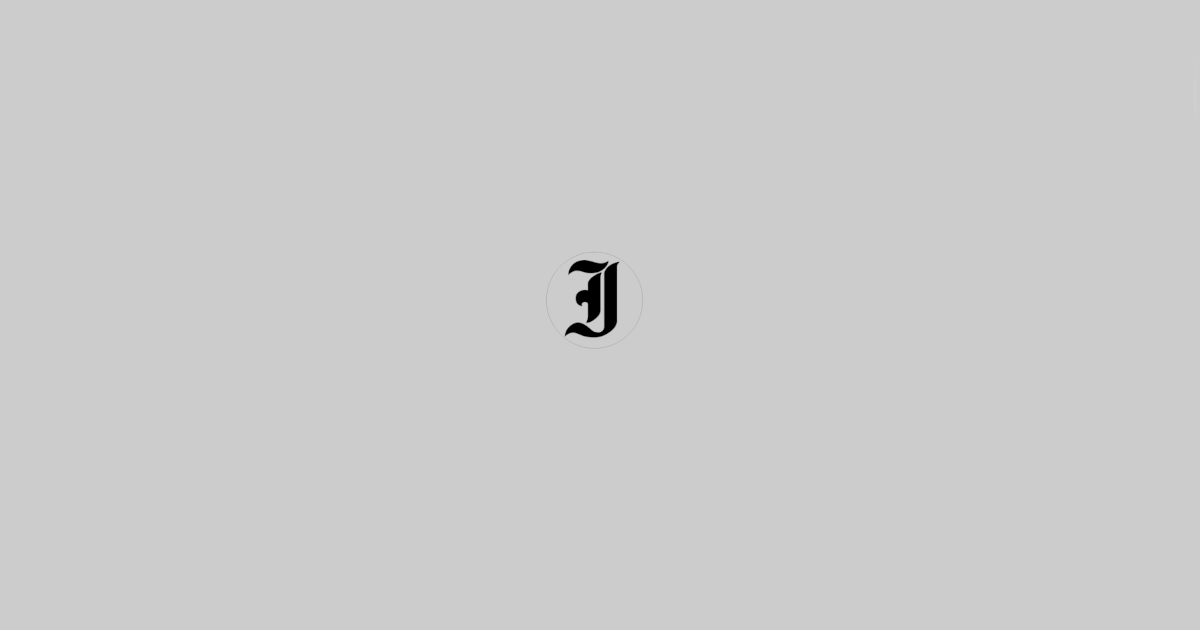Trudeau says China uses detentions as political tool

Canadian Prime Minister Justin Trudeau on Thursday accused Beijing of using “arbitrary detentions” as a tool in pursuit of political goals — the latest broadside in a diplomatic and trade row with China.
Western allies, he said, have expressed concerns about the tactic that observers described as “hostage diplomacy.”
Canada’s relations with China soured after its arrest of Chinese Huawei executive Meng Wanzhou on a US warrant last December.
Nine days later, Beijing detained two Canadians — former diplomat Michael Kovrig and businessman Michael Spavor — accusing them of espionage in a move widely viewed as retaliation.
They are among a string of foreign nationals arrested in China and charged with espionage or attempting to steal state secrets.
“Using arbitrary detention as a tool to achieve political goals, international or domestic, is something that is of concern not just to Canada but to all our allies,” Trudeau told the Toronto Star editorial board.
He said nations including Britain, France, Germany and the United States “have been highlighting that this is not acceptable behaviour in the international community because they are all worried about China engaging in the same kinds of pressure tactics with them.”
Trudeau added that “we need to figure out how to engage with them, but we also have to be clear-eyed about it, that China plays by a very different set of rules and principles than we do in the West.”
In a sign this week that Ottawa and Beijing may be ready to dialogue, Ottawa and Beijing — which had been without representation for months — nominated new ambassadors.
Enjoying this article?
Subscribe to get more stories like this delivered to your inbox.
The latest foreigner to be held by China was Australian academic Yang Jun, who also goes by his pen name Yang Hengjun.
He was detained in January shortly after making a rare return to China from the United States, and Beijing announced last week that he had been formally arrested on suspicion of spying.
Australian Prime Minister Scott Morrison said the suggestion that Yang acted as a spy for Australia was “absolutely untrue” and Canberra expects “his human rights to be respected.”
© Agence France-Presse
Agence France-Presse
